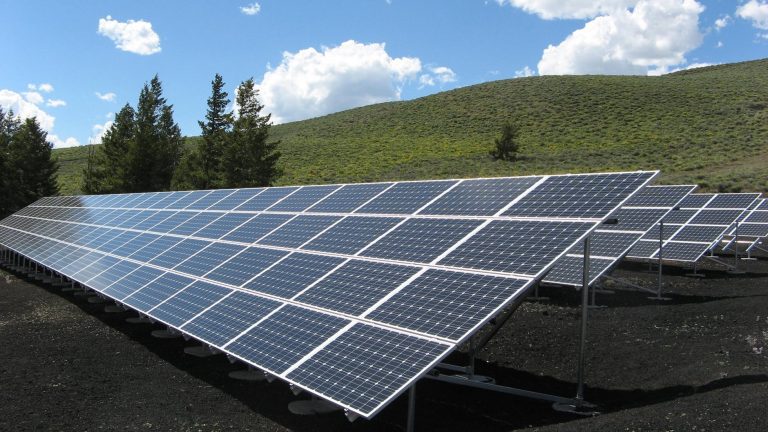
The food industry is changing drastically, and thanks to millennials the future is looking vegan. According to a forecast by restaurant consultancy group Baum and Whiteman, a plant-based diet will be the food trend of 2018.
So what is it about a vegan diet that is attracting more devotees? Here, we’ll look at the various reasons for why the future of food is vegan.
More brands are offering vegan alternatives
Regardless of what you want to eat, the chances are you’ll be able to find a vegan alternative. From various cheeses to meat substitutes, there are more brands offering alternatives than ever before in order to meet the growing demand. Companies like Rebel Kitchen sell “mylk”—a creamy alternative to milk, while Huel offers “nutritionally complete” powdered meals for those on the go containing all the recommended daily nutrients for an average adult.
Even supermarkets are getting in on the vegan food trend, with the biggest grocery stores in the UK creating their own lines of vegan food products. Asda, Tesco, Sainsbury’s, Marks & Spencer, and Waitrose all stock an own-brand vegan range, making the lifestyle much more accessible to consumers. High-street restaurants—including Wagamamas, Pizza Express, and Pizza Hut—are constantly working on expanding their menus in order to include some vegan-friendly options.
A vegan diet can be more environmentally friendly
The public appetite for sustainability and eco-friendliness is growing exponentially, meaning more and more consumers want to buy from sustainable companies and adopt eco-friendly lifestyles. This changing public behaviour could be one of the reasons more people are choosing a vegan lifestyle and diet, as it has been linked to being more sustainable and ethical. A diet that includes meat contributes far more to greenhouse gas emissions than a vegetarian or vegan diet. Emissions from livestock farming for meat production contribute a massive 15% of human-produced greenhouse gas emissions worldwide—which is more than the emissions from ships, planes, trucks, cars, and all other forms of transport combined. The greenhouse gases emissions from plant-based foods such as legumes, is significantly lower.
One of the biggest misconceptions about a vegan diet is that followers are not getting the right amount of protein, however this has been proven time and time again to not be the case. 100g of beef provides you with 14.4g of protein, while 100g of beans provides a massive 21.6g of protein.
Veganism can help lower the chances of health issues
According to the British Heart Foundation, 26% of all deaths in the UK are caused by cardiovascular disease, which works out at 150,000 deaths each year, or 420 people per day. High cholesterol is one of the biggest problems associated with heart disease, and there have been tests that suggest that a vegetarian or vegan diet can reduce your cholesterol levels. Similarly, a plant-based diet has been linked to lower levels of Type 2 diabetes, less hypertension, and even reduced cancer rates.
If everyone changed their diet to be more plant-based, officials estimate that we would have fewer deaths every year. Eliminating meat from an average diet can lower the chances of these illnesses, and can save around 2-3% of global gross domestic product on medical bills. It’s also been estimated that if everyone adopted vegetarianism by 2050, we would see around seven million fewer deaths each year, while switching to veganism would leave us with around eight million fewer deaths.
As the number of vegans increases every year, it’s clear to see that the food trend is here to stay. While it may not be adopted by everyone, it’s clear that there are both health and environmental benefits which will only keep encouraging more people to change their lifestyle.





Leave a Comment